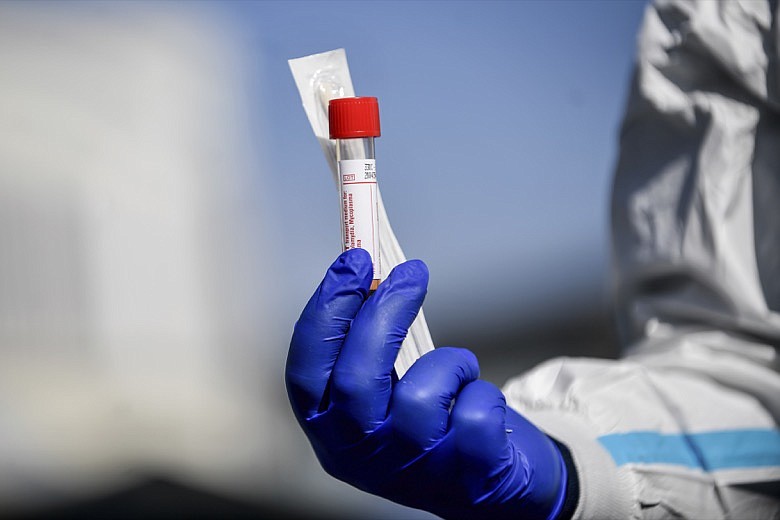Maryland-based virologist Robert Gallo, best known for co-discovering that HIV was the cause of AIDS, used his Chinese connections to score 1,000 coronavirus testing kits for the state. And we're grateful. It's 1,000 more than we had - but several million less than we need.
That has nothing to do with the world-renowned Dr. Gallo, who was able to leverage his reputation and contacts on our behalf. It has everything to do with the shortsightedness of the Trump administration, which chose not to use a test first distributed in February by the World Health Organization, and instead try to produce its own.
That fateful decision was one of the first and most significant failures in the country's handling of coronavirus. The Centers for Disease Control ran into issues with lab contamination and manufacturing problems that slowed test development. And now that production is finally beginning to catch up to demand, we have a shortage of supplies needed to carry out the tests, including the super-slim swabs needed to gather samples from a patient's nose and the chemical reagents required to complete the test.
Such delays allowed the disease to spread unchecked and left scientists in the dark on critical information about where the disease was concentrated, how it was spreading and how fast. Even now, we don't really know how many cases there are. Testing is based on CDC criteria and prioritized, going first to hospitalized patients with signs of the disease; at-risk groups, like older adults with underlying medical conditions, showing symptoms; and people who've been in close contact with a COVID-19 patient.
And many of those who meet the criteria say they're having trouble getting tested. Sandy Laubenheimer contacted the Baltimore Sun's editorial board on behalf of her daughter, Angela Zahn, who works for a homeless outreach center. Zahn was in New York the last weekend in February, staying at an apartment with friends. Someone there later tested positive for the virus. But trying to get tested here in Baltimore was a nightmare - "both unorganized and extremely stressful," she said.
"It was very disorganized, and I had to wait what seemed like a long time just to be seen," Zahn said.
That was Friday. Her results were in within 12 hours: negative. Relief.
But then there are those who don't meet the testing criteria, but believe they're experiencing symptoms, and they don't know what to do. It's terrifying and has had significant consequences on our country's collective mental health.
Contrast the U.S. response with that from South Korea, which is being hailed as a model in handling coronavirus. That country began mass producing test kits within weeks after the first case was confirmed and shipping thousands of them daily before they'd even reached 100 known cases. They tested more people than anyone else, isolating and treating individuals, rather than locking down entire regions. Still, even they were criticized for acting too late.
And yet, eight days after issuing social distancing guidelines, President Donald Trump was already talking about lifting them early amid concerns about the effect on the economy.
We understand that coronavirus is having a catastrophic effect on businesses and individual incomes, as well as health, but if we pull back now, many, many more will die. Potentially millions, according to Dr. Tom Inglesby, director of the Johns Hopkins Center for Health Security and one of the physicians on Maryland Gov. Larry Hogan's coronavirus task force.
But we can't really say how bad it will get. Given our poor testing capabilities, we don't even know how bad it is.
The Baltimore Sun
